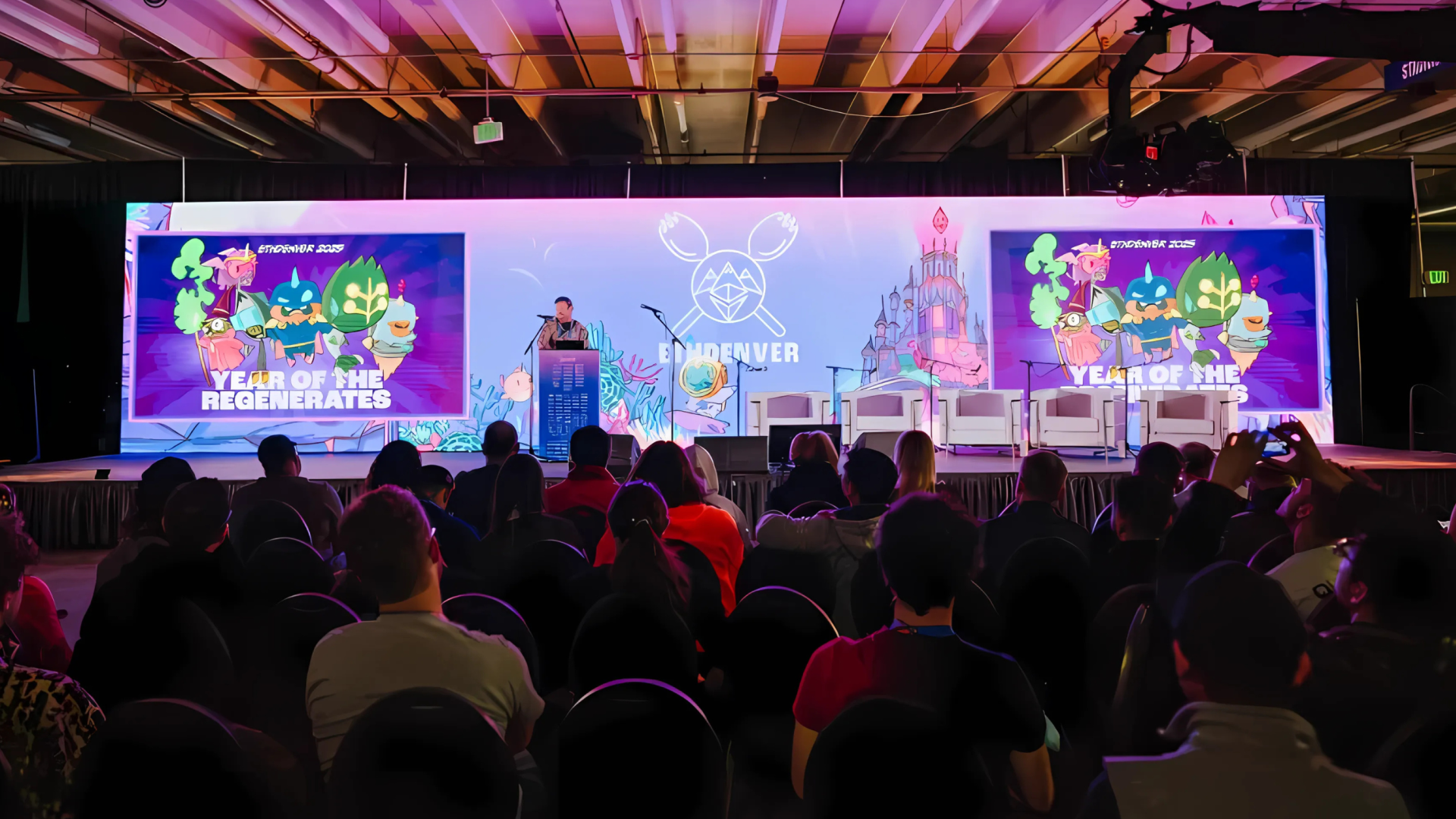Kusama Upgrade Bulletin (1032-1037)
Details Runtime version: 1037 Supported natively by Polkadot v0.7.17 Polkadot Git commit hash: f570356 Substrate Git commit hash: 860b79b Council motion: #85
 By Dr. Gavin Wood•January 10, 2020
By Dr. Gavin Wood•January 10, 2020
Kusama is about to get a new logic core; here’s the details of this and a few earlier ones.
Details
- Runtime version: 1037
- Supported natively by Polkadot v0.7.17
- Polkadot Git commit hash: f570356
- Substrate Git commit hash: 860b79b
- Council motion: #85
Key changes
- Multisig accounts and pseudonymous sub-accounts (#4462): Support for stateful threshold multisig transactions/accounts/wallets and pseudonymous “sub” accounts (accounts controlled by other accounts).
- Indirectly slashed nominators stay nominating (#4553): If a validator is slashed (e.g. for being offline), their nominators were all forced to chill, depriving other, unrelated, validators of nominations. This logic is removed.
- Rebonding (#4374): Unbond operations can now be cancelled before completed and the funds returned to staking operations.
- Structured Tipping (#4480): The treasury now has a threshold-median-timeout tipping scheme allowing a much more agile means of doling out funds. Public “scouts” can find things worth tipping and claim a finders fee (if a majority of the council tips).
Additional changes
- Fix fees in Substrate (#4421): There have been issues regarding transaction fee calculation and in particular how the fee multiplier changed according to transaction volume. This is now fixed.
- Additional events (#4468, #4459): Several additional events for tracking certain changes have been added.
- Twitter field in identity info (#4476): The identity system now includes the Twitter account identity field.
- Multisigner uses compressed ECDSA public key (#4502): Multisigner is corrected to use a hash of the compressed public key. This enables ECDSA (SECP256k1) controlled accounts in Kusama.
- Facilitate cancelation of slashes (#744): To cancel a slash, only one-half of council approvals are required rather than three-quarters.
- Fix transaction fees (#736): Transaction fees were accidentally 1/100th of their correct cost. This fixes it.
Timeline (1037)
- Submitted as a council proposal at: ~#562,400
- Accepted as a council proposal at: n/a
- Preimage noted at: ~#567,500
- Referendum end block: #569,326
- Activation block: #569,326











